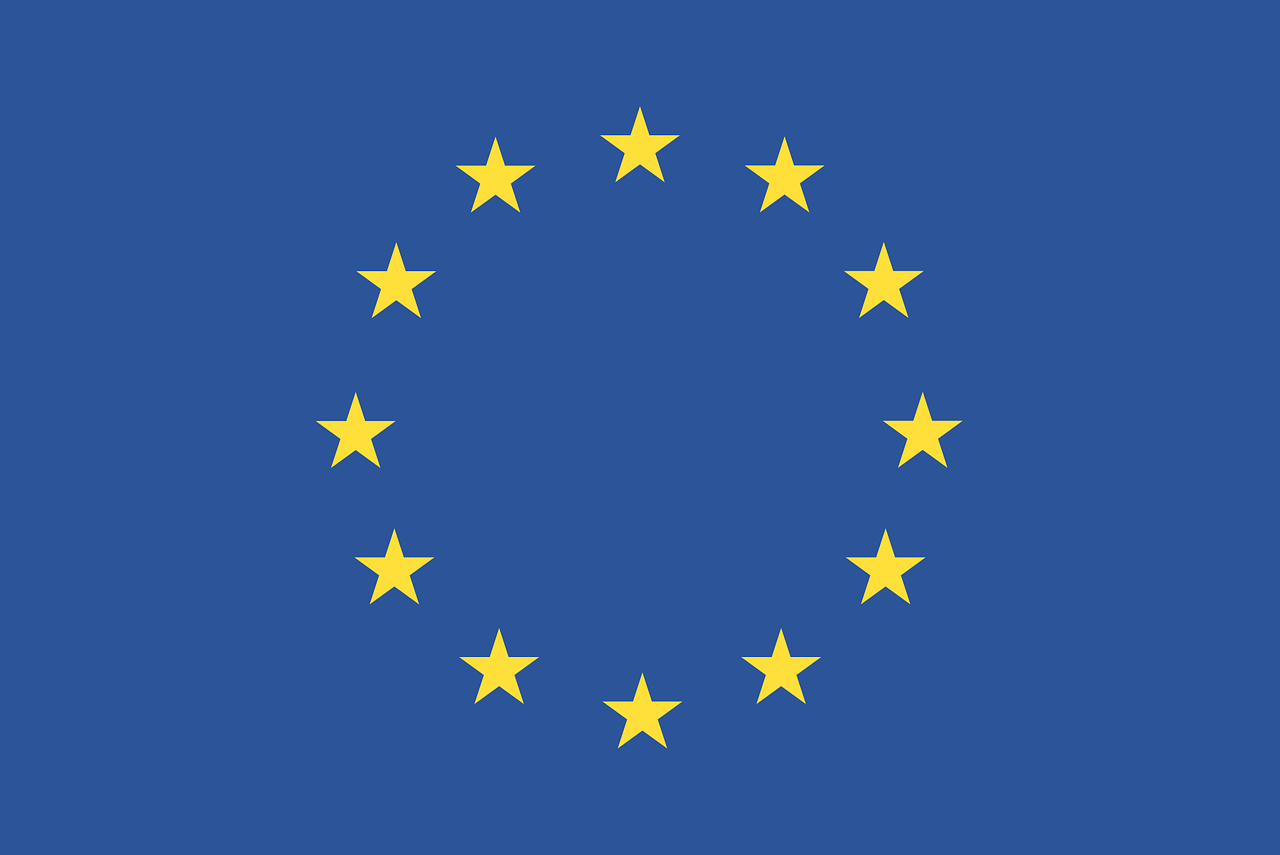
403
Sorry!!
Error! We're sorry, but the page you were looking for doesn't exist.
Merz Reflects on EU’s Limited Role in Middle East
(MENAFN) German Chancellor Friedrich Merz stated on Saturday that the European Union currently lacks the capacity to meaningfully shape developments in the Middle East, regardless of its intentions.
Speaking to Frankfurter Allgemeine Zeitung, he emphasized that the geopolitical landscape has shifted away from multilateral cooperation underpinned by international law.
“We are witnessing the temporary end of a rules-based, multilateral order grounded in international law. We are in a phase in which the law of the strongest prevails in many places,” Merz explained, asserting that criticism of the EU in this context is misplaced.
According to him, even with the will, the Union lacks the necessary tools to make a decisive impact.
In elaborating on this point, Merz questioned the EU's military capabilities in the region.
“Who in Europe has bunker-busting weapons to stop Iran's nuclear weapons program? Who has the means to force the warring parties to a ceasefire? Who among us has the means not only to threaten Hamas with disarmament, but also to enforce it if necessary?” he asked rhetorically.
He stressed that the international order is entering a transitional period where military might is regaining prominence, while established rules-based frameworks are increasingly sidelined.
Despite this, the chancellor acknowledged that the EU still retains avenues to influence the situation in the Middle East.
He noted that Europe's impact might not lie in military strength but rather in diplomatic and financial engagement. “We don't push ourselves into the spotlight, especially not just as donors. We have opportunities to exert influence in the region—politically, diplomatically, and certainly financially,” he affirmed.
Merz also highlighted Germany's unique diplomatic position in the region.
“We are probably the only European country that can work in very good harmony with both the Israeli government and the Arab states,” he said, underlining that Germany's alignment with Israel remains unwavering.
“It is always clear that we are not a neutral mediator, but stand firmly by Israel's side,” he added.
A long-standing advocate for Israel, Chancellor Merz has consistently underscored Germany’s “historical responsibility” due to the Holocaust, declaring Israel’s security to be a fundamental “reason of state.”
Speaking to Frankfurter Allgemeine Zeitung, he emphasized that the geopolitical landscape has shifted away from multilateral cooperation underpinned by international law.
“We are witnessing the temporary end of a rules-based, multilateral order grounded in international law. We are in a phase in which the law of the strongest prevails in many places,” Merz explained, asserting that criticism of the EU in this context is misplaced.
According to him, even with the will, the Union lacks the necessary tools to make a decisive impact.
In elaborating on this point, Merz questioned the EU's military capabilities in the region.
“Who in Europe has bunker-busting weapons to stop Iran's nuclear weapons program? Who has the means to force the warring parties to a ceasefire? Who among us has the means not only to threaten Hamas with disarmament, but also to enforce it if necessary?” he asked rhetorically.
He stressed that the international order is entering a transitional period where military might is regaining prominence, while established rules-based frameworks are increasingly sidelined.
Despite this, the chancellor acknowledged that the EU still retains avenues to influence the situation in the Middle East.
He noted that Europe's impact might not lie in military strength but rather in diplomatic and financial engagement. “We don't push ourselves into the spotlight, especially not just as donors. We have opportunities to exert influence in the region—politically, diplomatically, and certainly financially,” he affirmed.
Merz also highlighted Germany's unique diplomatic position in the region.
“We are probably the only European country that can work in very good harmony with both the Israeli government and the Arab states,” he said, underlining that Germany's alignment with Israel remains unwavering.
“It is always clear that we are not a neutral mediator, but stand firmly by Israel's side,” he added.
A long-standing advocate for Israel, Chancellor Merz has consistently underscored Germany’s “historical responsibility” due to the Holocaust, declaring Israel’s security to be a fundamental “reason of state.”

Legal Disclaimer:
MENAFN provides the
information “as is” without warranty of any kind. We do not accept
any responsibility or liability for the accuracy, content, images,
videos, licenses, completeness, legality, or reliability of the information
contained in this article. If you have any complaints or copyright
issues related to this article, kindly contact the provider above.
Most popular stories
Market Research
- Thinkmarkets Adds Synthetic Indices To Its Product Offering
- Ethereum Startup Agoralend Opens Fresh Fundraise After Oversubscribed $300,000 Round.
- KOR Closes Series B Funding To Accelerate Global Growth
- Wise Wolves Corporation Launches Unified Brand To Power The Next Era Of Cross-Border Finance
- Lombard And Story Partner To Revolutionize Creator Economy Via Bitcoin-Backed Infrastructure
- FBS AI Assistant Helps Traders Skip Market Noise And Focus On Strategy




















Comments
No comment